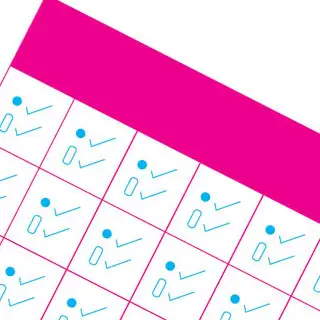
This is an adapted selection from "Introduction to ART," a booklet published by HIV i-Base, a British treatment activist group, which was last updated in Sept. 2016. It is also available in a pocket version.
In the full guide, you'll also see a handy adherence diary you can print out and use.
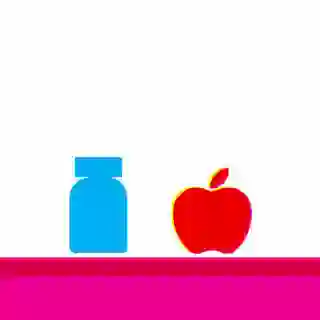
What is Adherence?
Adherence is the most important thing you have to think about when you start treatment.
Adherence is a word used to describe taking your drugs exactly as prescribed. This includes:
- Taking them at the right time.
- Following advice to take with or without food.
- Avoiding any drug interactions.
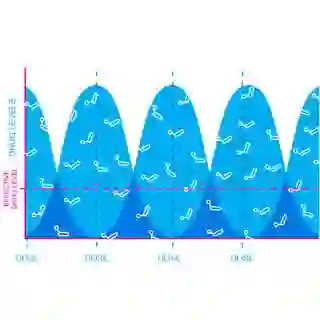
How Much Is Enough?
Adherence will make sure that all the drugs in your combination are at high enough levels to control HIV for 24 hours a day. If these levels drop too low it increases the risk of resistance.
Aiming to take every dose -- or almost 100% -- is still the best goal to aim for.. Even missing one or two doses a week can cause some drugs to fail, especially when starting treatment.
However, a window period of about an hour either side of your usual time is okay for most drugs and most people.
Once your viral load becomes undetectable you may have a bit more flexibility, but it is still important to take adherence seriously.

Your Top Priority
Adherence can be difficult. You may need some support to get used to the changes treatment makes in your life. A routine or daily schedule can really help.
Pick a time to start treatment when you have a few unstressed days to adjust to the changes.
During the first few weeks, getting your treatment right should be your only priority.
Some clinics and/or support organizations have someone who can help. This can include HIV positive people working as a peer mentor.
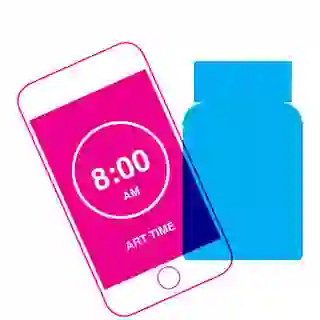
Make a Plan
Choose a treatment you think you can manage.
Find out what is involved before you choose your treatment: How many tablets? How big are they? How often do you need to take them? How exact do you have to be with timing? Are there food restrictions? Are there easier options?
Plan your timetable. For the first few weeks, mark the time that you take each dose.
Use the alarm on your mobile phone or watch for all doses. Then take your meds when it beeps!
Perhaps set the alarm just after the right time, so it is a reminder and not something you rely on.
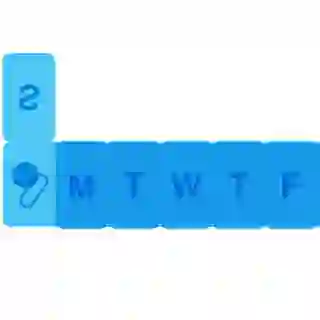
Use a Pill Box
Use a weekly pill box. Then you can see if you miss a dose. If your clinic does not provide one, most drug stores sell one for a low amount -- a good investment.
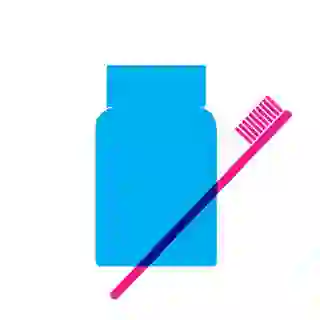
Routine Buddy System
Link to another daily routine.
For example, take your ARVs before brushing your teeth.
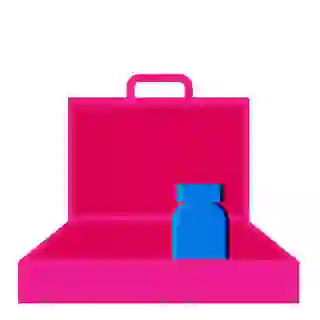
Traveling With Meds
If you travel, take additional drugs with you in case flights or other arrangements change.
Keep an emergency supply where you might need them -- at work or a friend's house etc.
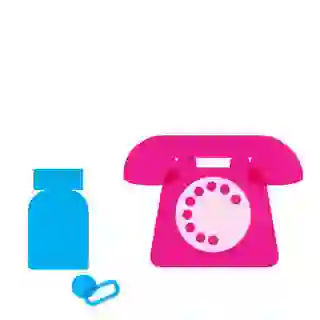
Ask For Help
Ask a friend to remind you at difficult dose times, for example, when you are out at night.
Ask how other people manage and if they have tips. Your clinic or support group can usually arrange for you to talk to someone who is taking the same ART.

What if You Forget or Miss a Dose?
Almost everyone will forget or be late at some time -- and this will be fine.
But there is a difference between an occasional missed dose and regularly forgetting on a daily or weekly basis.
Be strict with yourself to assess how adherent you are.
Taking days off treatment is a risky way to use HIV drugs.
You need a regimen that you can follow everyday.
This includes both during the weekend and in the different situations involved in life.

Don't Double Dose
Many combinations are taken once-daily. This usually means taking them every 24 hours. Twice-daily drugs need to be taken every 12 hours.
If you realize you have missed a dose, take it as soon as you remember.
But if you only realize when you're going to take your next dose, do not take a double dose.
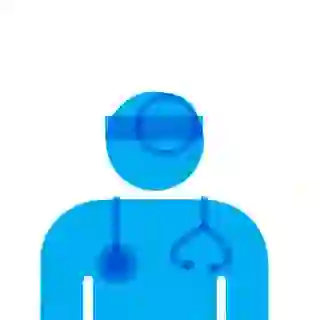
Seek Help
There are always things that can help improve adherence, whatever your lifestyle.
Contact your clinic if you have side effects. They can prescribe additional drugs to help or change the treatment if needed.
If your adherence is not good, you need more support. It is available but you will need to askl
If you regularly take your HIV drugs late or miss doses completely, talk to your doctor, nurse or pharmacist about other options.
There may be an easier combination.